Health 2.0 STAT: Plugged in and Unplugged
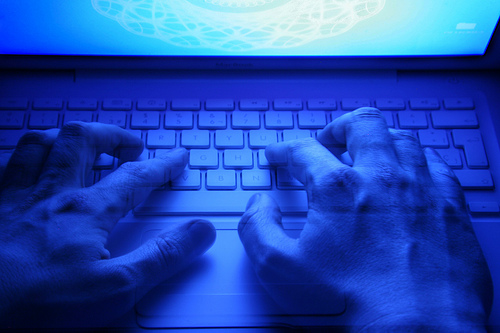
Cyber Ghost courtesy of Foto Pamp on Flickr
Health 2.0 STAT was just that – STAT. A Health 2.0 Meetup organized by David Blackburn of Aquilent and billed as ‘Rapid Fire Presentations from Health 2.0 Leaders,’ seven of us spoke for five minutes each on a range of topics. The health realm we spanned was digital, virtual, plugged in, meta-tagged, and, well, stat.
During the panel discussion, we were asked a zinger of a question by moderator David Hale from the National Library of Medicine. David drew from Clay Shirky’s concept of cognitive surplus. The amount of time Americans collectively spend watching commercials on TV each weekend is 100 million hours – enough time to recreate Wikipedia, as of 2008. And so David asked each of us what we would have every person in the United States do if they had a surplus hour over a weekend.
I proclaimed that everyone should unplug and go outside. Experience all their senses. Be in the present.
Wait a minute. Shouldn’t I have said something about infectious diseases or preventable chronic illnesses or world peace?
Engage your five senses. Touch. Smell. Move. Live in four dimensions rather than the two dimensions of the computer screen. Engage with others in the real world, in the present.
I thought I would be booed and tweckled. But an amazing thing happened. There was applause, and “a collective ‘hooray’ and a couple ‘amens’” (much thanks to Mary Kay Alegre for documenting this).
Is unplugging really a key to good health? Is this really a good way to channel an extra hour of our collective time? Yes.
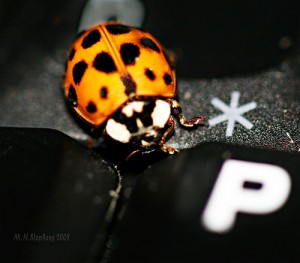
Keyboard helper courtesy of M.H.ick9s on Flickr
The more we learn about the health impact of online time, the more important it may be to encourage individuals to go offline.
Dr. Aric Sigman, noted psychologist and biologist, cautioned in a recent interview with Online Educa Berlin:
“Social networking appears to be actively displacing the time people spend socially interacting with real (non-virtual) friends and even with people in their own house – members of their own family. Furthermore, this displacement is most noticeable in younger and younger children who are now experiencing less social interaction and have fewer social connections during key stages of their physiological, emotional and social development. At the same time, a large number of medical and physiology studies are finding a strong link between this lack of non-virtual social interaction and connection and biological changes in the immune system and genes, along with higher rates of illness, disease and premature death. So, obviously Facebook does not directly cause these changes but social networking is merely a new distraction away from real face-to-face social interaction and this lack of interaction is the health risk, not the act of social networking. If people only spent a short amount of time each day online, there wouldn’t be any need for this discussion.”
For stunning visual evidence of the impact of screen time, take a stroll through the online photography exhibit, A Disenchanted Playroom.
If you were given an extra hour during your weekend, what would you do with it?
Many thanks to David Blackburn for founding the DC/MD/VA Health 2.0 Meetup group (Twitter: @DCHealth2_0) which has now been recognized as a local chapter of Health 2.0, and to sponsors Aquilent and Palladian Partners.
Fellow panelists and their topics included:
- Tim Clarke, Jr., NMHM Deputy Director (Communications) – Web 2.0 at the National Museum of Health and Medicine, a Division of the Armed Forces Institute of Pathology
- Lindsey Hoggle, RD, MS, PMP, Health Project Partners, LLC – Can Health 2.0 Drive Health 2%?
- Mark Scrimshire, Senior Web Strategist, CareFirst Blue Cross Blue Shield – HealthCamp: Built on Health 2.0 and Web 2.0
- Michael Paley, PhD, Executive Vice President, Aptima – Using Virtual World Technologies for Application in Disaster Preparedness Training
- Chris Lindsley, Web Editor, UMMC – University of Maryland Medical Center Adoption of Web 2.0
- Ram Singh, CEO, informediq – Using mobile devices to provide better healthcare
Related posts
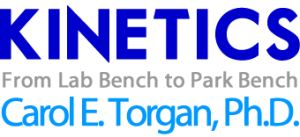
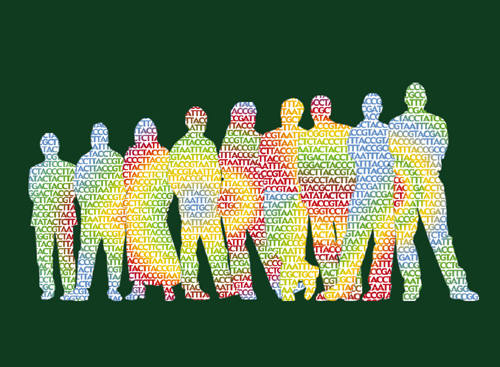
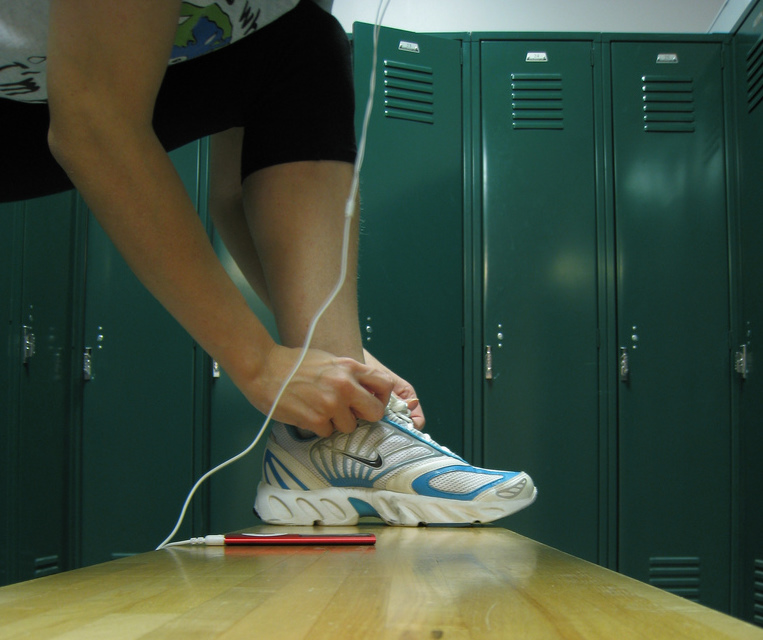

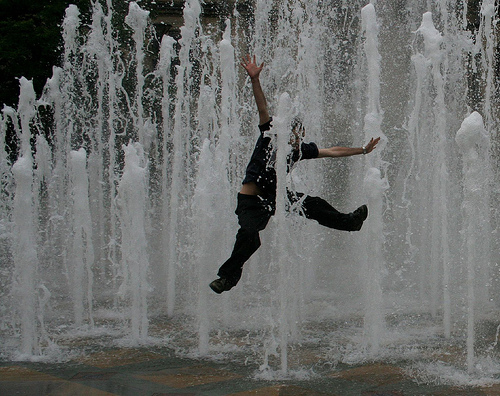
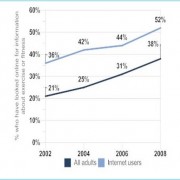
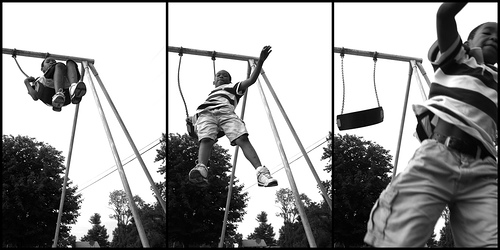
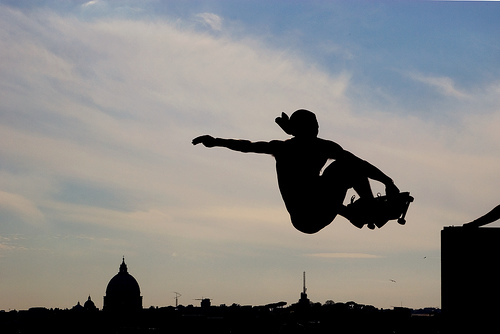

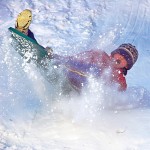
David – I was thrilled that a group of plugged in, highly connected folks related to the importance of unplugging.
Congrats again on your outstanding job of moderating the panel. So what is your answer to your question about the extra hour?
Carol
David,
Thanks for continuing this discussion! My take is that being in health care is not for the faint of heart! Tough questions, thoughtful processes! Keep the discussion going! My one request: how can what you are dong launch health and wellness in the right direction? It is about the passion, not us as individuals. I want to live long enough to enjoy my grandchildren!! ( and push my children to their best!) Thanks for the challenge!
Have a great Thanksgiving you guys!
Lindsey
Great post, Carol. I am so happy you were able to participate. We are currently in planning for Health 2.0 STAT II. I only hope we can continue to get the same caliber of speaker as we had at the last event!
Hope to see you there-
Dave
http://twitter.com/DCHealth2_0